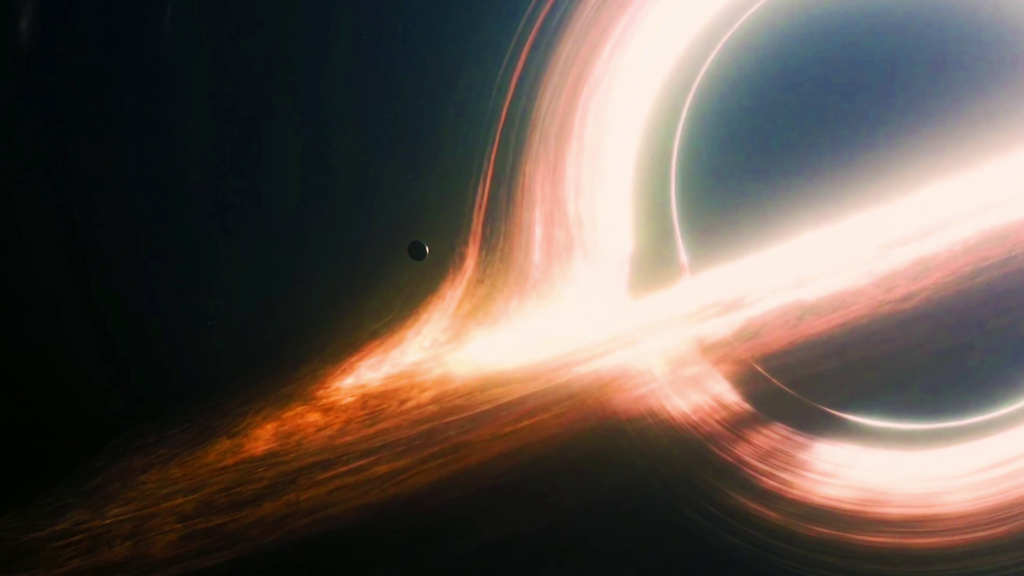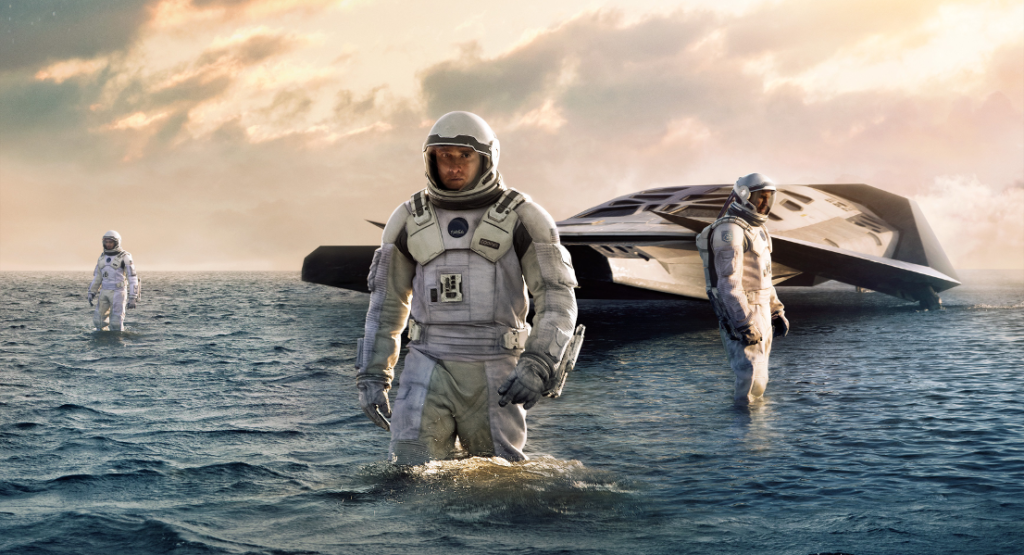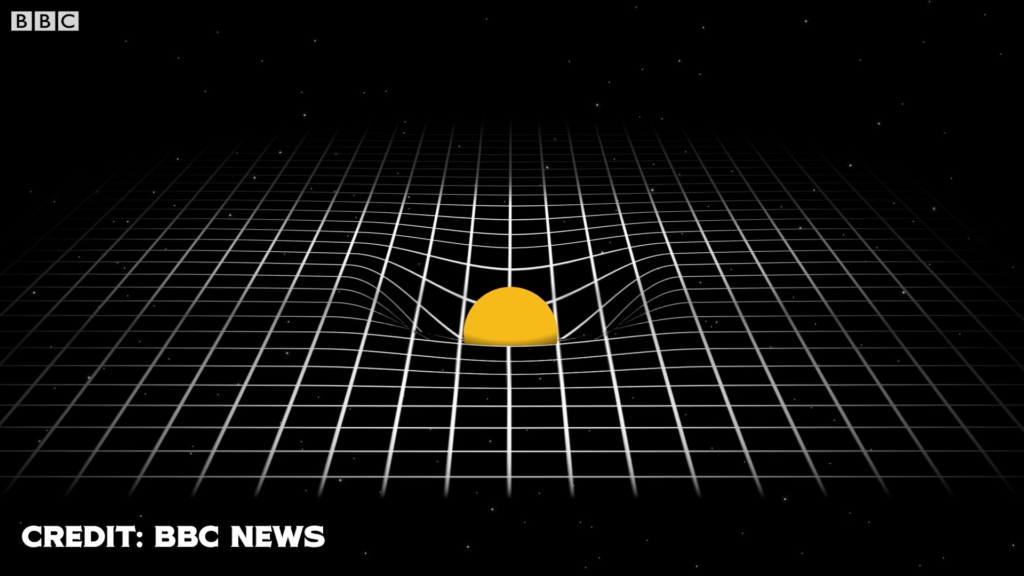I hope you have watched the film Interstellar. Such a fascinating film. A masterpiece from Christopher Nolan. In this film, a concept is told – time dilation. A minor detail but describes lots of things. The details you noticed in “Interstellar” regarding time dilation and the effects of gravity on time are fascinating concepts rooted in Einstein’s General Theory of Relativity.
Interstellar Movie Plot
In the movie, when Cooper and the crew land on the Miller planet near the Gargantua black hole, they experience a significant time distortion. Every 1.25 seconds on that planet equals a day on Earth. This substantial time dilation is due to the intense gravitational force of the black hole, causing time to slow down significantly compared to Earth.

Miller planet’s time dilation, as depicted in the movie, illustrates the concept of time passing at a different rate due to intense gravitational forces near the Gargantua black hole. The 1.25-second ticks heard on the planet were indicative of each tick translating to approximately one day passing on Earth due to the severe time dilation caused by the planet’s proximity to the black hole.

In theory, this concept aligns with Einstein’s theory of general relativity, where gravity can distort time. Closer proximity to a massive gravitational field like a black hole can slow down time for an observer relative to someone in a weaker gravitational field, leading to significant time differences between locations.

The phenomenon of time dilation near powerful gravitational fields has been studied and supported by scientific observations like the gravitational time dilation experiments conducted using atomic clocks on Earth and in space.
The practical application of this concept for time travel as depicted in movies involves highly theoretical physics and is yet to be realized due to immense technological and theoretical challenges.
What Physics Says…
Einstein’s theory proposes that gravity warps space-time, and this has been proven multiple times. It suggests that time passes differently for observers in different gravitational fields. For instance, someone standing on the surface of the Earth experiences stronger gravity compared to someone residing on the 1st floor of a building.

This difference in gravitational pull affects the passage of time. While the difference is incredibly minuscule for humans, precise atomic clocks can measure this variance. Essentially, time runs faster for that person who lives on the second floor compared to someone standing on Earth due to the difference in gravity.
Why is this happening? Because the person on the surface of the Earth is experiencing constant gravity compared to the person standing on the 1st floor. Basically, the person standing on the surface of the Earth has their clock ticking slower than the other person who is on the 1st floor of a building.
What is Time Dilation (Gravity)?
Imagine visiting a planet with significantly higher gravity. The immense gravitational force on that planet would curve space-time more, causing time to pass relatively slower there. This concept of time dilation due to differences in gravity is accurately portrayed in “Interstellar.”
The term “relatively” is crucial here. If we compare time on that high-gravity planet to Earth’s time, an observer from Earth would perceive time on the planet is moving slower. However, for the inhabitants of that planet, their clocks would seem normal and not malfunctioning. This is due to their relative perception of time under the influence of the planet’s gravitational force. Similarly, an observer from that planet would witness time passing faster on Earth’s clocks. Because Earth has less gravity than that planet. This is called Time Dilation.
The movie effectively demonstrates this phenomenon through the concept of time dilation caused by varying gravitational forces. While some aspects depicted, like the black hole or the specific planets, might be fictionalized for cinematic purposes, the fundamental concept of time dilation due to gravity is scientifically accurate and thoroughly showcased in the movie.
In the Concluding Lines…
So, the portrayal of time dilation and its effects in “Interstellar” aligns with the principles of Einstein’s General Theory of Relativity, offering an intriguing glimpse into the fascinating realm of astrophysics and space-time manipulation.

I just could not leave your web site before suggesting that I really enjoyed the standard information a person supply to your visitors? Is gonna be again steadily in order to check up on new posts.
My brother said I might enjoy this blog, and he was 100% correct. This post brightened my day. You have no idea how much time I spent searching for this information.